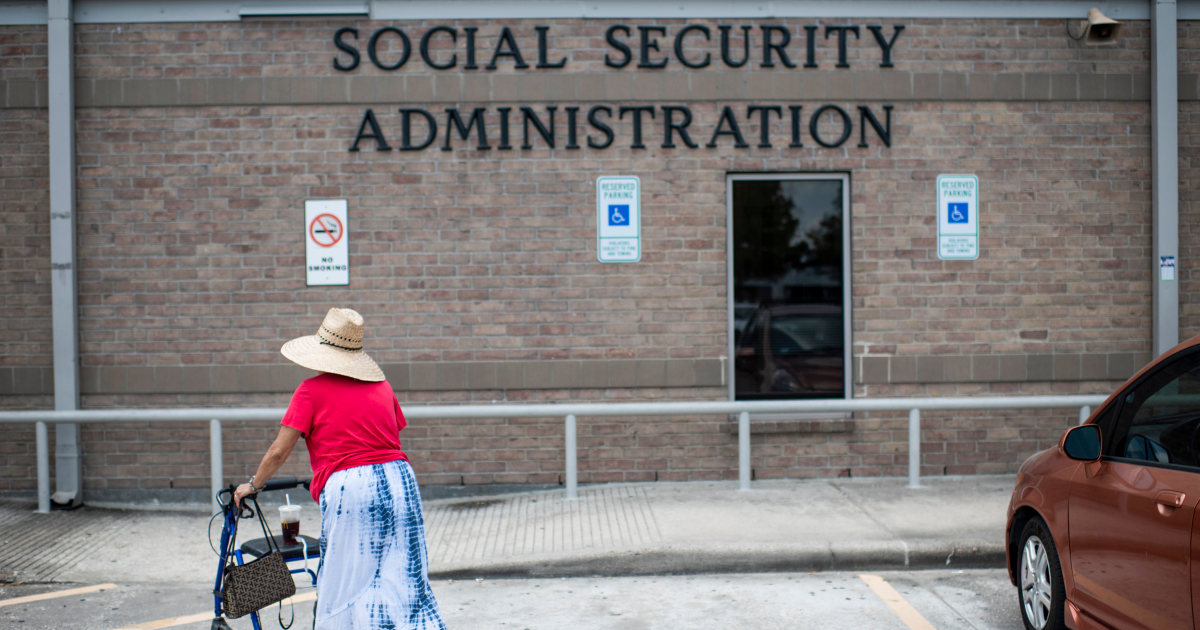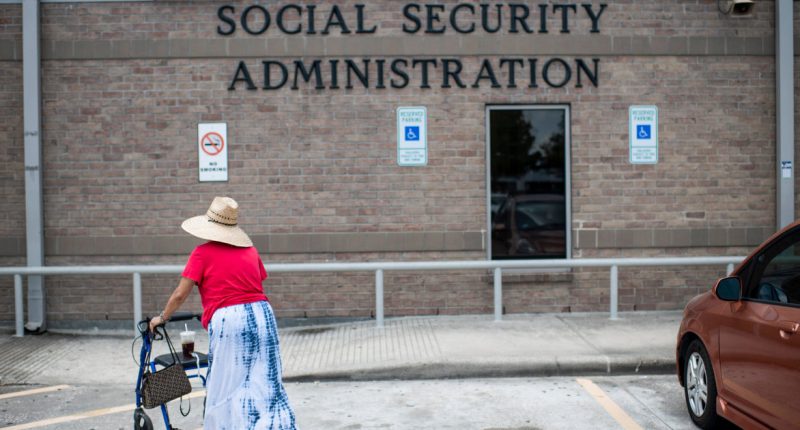
If the federal government shuts down on Sunday, numerous publicly funded agencies will stop work and their employees won’t be paid, but Social Security checks will still go out.
Social Security is considered a mandatory program and it isn’t funded by the shorter-term appropriations bills passed by Congress and signed by the president. That means its operations and funding don’t stop when the government shuts down.
That’s important for a large portion of Americans, as about 67 million people are currently receiving monthly Social Security benefits, according to the Social Security Administration. Those benefits primarily go to retirees, but also to people with disabilities as well as dependents of deceased beneficiaries.
Medicare and Veterans Affairs benefits also continue being distributed during a shutdown.
The federal government will shut down at 12:01 a.m. ET Sunday if Congress does not pass a bill to provide more funding. The GOP has a narrow majority in the House of Representatives, and a group of hard-line conservatives is holding out from the rest of Republicans and demanding deep cuts to government spending.
President Joe Biden and the Democrats who control the Senate oppose those cuts.
In the event of a shutdown, “nonessential” actions would stop, and some 4 million federal employees would not receive paychecks.
Some, including members of the military, would work without pay and would receive back pay later on, after a new funding bill is passed and signed into law. Other federal employees would be furloughed and not report to work.
A long shutdown could harm the economy as well. The longest shutdown lasted for 35 days, from Dec. 22, 2018 to Jan. 25, 2019, and the Congressional Budget Office estimated that it cost the U.S. economy at least $11 billion directly, with indirect costs that were harder to quantify.
A government shutdown shouldn’t be confused with a debt ceiling standoff. The U.S. reached its borrowing limit, called the debt ceiling, earlier this year. That standoff could have prevented Social Security checks from going out if it had lasted long enough, but after a protracted impasse, congressional Republicans and Democrats agreed on a deal preventing that from happening.
Source: | This article originally belongs to Nbcnews.com









